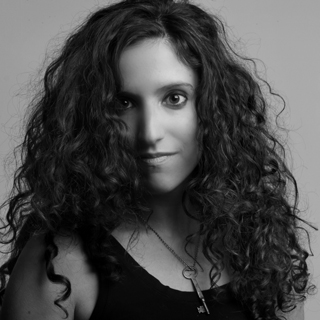
Photo: Bill Hayward
Meghan O’Rourke does a brilliant job interviewing TSky Press author Claire Donato (Burial, 2013) at Zing magazine.
From the intro:
Earlier this month, Meghan O’Rourke explored the contemporary trend of American authors writing about their own deaths (typically when faced with the slow progression of a fatal disease) as a reality-entertainment driven literary realism. O’Rourke wondered at the “surprise” that “writers express . . . that their minds really are housed in bodies” and the “strangely fictive” quality of a work that anticipates the death of the author who will not be able to write her own ending.
A recent “lyrical novel,” that grapples with the unimaginable reality of death in paradoxically surreal terms, written by Tarpaulin Sky Press newcomer Claire Donato (still very much among the living) is Burial. The work is a stripped down, sterling aesthetic rendering of both grief and death, totally uncontaminated by sentimentality and yet no less visceral. Vomit, weeping and decay are stark happenings in the meditations of the book, in which, essentially, the narrator arrives at a hotel, which she conflates with the morgue where her father’s body is resting, and prepares for his burial. In this awkward landscape where a mind in mourning wanders, the characters are gaunt with anonymous identifiers like “Groundskeeper” and “The Voice”, and sentences are compared to necklaces that strangle. What’s most uncomfortable and rather breathtaking, however, is Donato’s ability to maintain an excruciating clarity of thought while teetering between prose and poetry, consciousness and death, self and other, thought and silence, grief and object, mind and body.
& from a little bit into the interview:
Burial’s world came about organically. The more I wrote the book, the more I felt as if its text possessed agency, and the more I recognized the text’s agency, the more my body was a vessel where its language could take root and become what it ended up being. This counteracts the traditional notion that the author’s mind is some grand source where language finds its origins. I was possessed by Burial, as in a fugue; its language was (and is) bigger than ‘I.’
 A recent “lyrical novel,” that grapples with the unimaginable reality of death in paradoxically surreal terms, written by Tarpaulin Sky Press newcomer Claire Donato (still very much among the living) is Burial. The work is a stripped down, sterling aesthetic rendering of both grief and death, totally uncontaminated by sentimentality and yet no less visceral. Vomit, weeping and decay are stark happenings in the meditations of the book, in which, essentially, the narrator arrives at a hotel, which she conflates with the morgue where her father’s body is resting, and prepares for his burial. In this awkward landscape where a mind in mourning wanders, the characters are gaunt with anonymous identifiers like “Groundskeeper” and “The Voice”, and sentences are compared to necklaces that strangle. What’s most uncomfortable and rather breathtaking, however, is Donato’s ability to maintain an excruciating clarity of thought while teetering between prose and poetry, consciousness and death, self and other, thought and silence, grief and object, mind and body.
A recent “lyrical novel,” that grapples with the unimaginable reality of death in paradoxically surreal terms, written by Tarpaulin Sky Press newcomer Claire Donato (still very much among the living) is Burial. The work is a stripped down, sterling aesthetic rendering of both grief and death, totally uncontaminated by sentimentality and yet no less visceral. Vomit, weeping and decay are stark happenings in the meditations of the book, in which, essentially, the narrator arrives at a hotel, which she conflates with the morgue where her father’s body is resting, and prepares for his burial. In this awkward landscape where a mind in mourning wanders, the characters are gaunt with anonymous identifiers like “Groundskeeper” and “The Voice”, and sentences are compared to necklaces that strangle. What’s most uncomfortable and rather breathtaking, however, is Donato’s ability to maintain an excruciating clarity of thought while teetering between prose and poetry, consciousness and death, self and other, thought and silence, grief and object, mind and body.